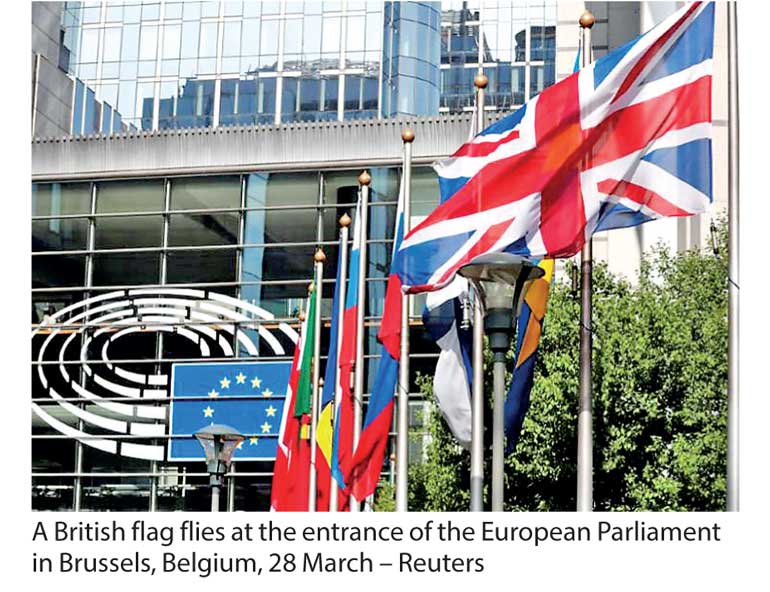Sunday Feb 22, 2026
Sunday Feb 22, 2026
Tuesday, 14 November 2017 00:00 - - {{hitsCtrl.values.hits}}
 Brussels (Reuters): France, Germany and 20 other EU governments are set to sign a defence pact on Monday they hope marks a new era of European military integration to cement unity after Britain’s decision to quit the bloc.
Brussels (Reuters): France, Germany and 20 other EU governments are set to sign a defence pact on Monday they hope marks a new era of European military integration to cement unity after Britain’s decision to quit the bloc.
In Europe’s latest attempt to lessen its reliance on the United States, the 22 governments will create a formal club that should give the European Union a more coherent role in tackling international crises.
“We’ve never come this far before,” said a senior EU official said of EU defence integration efforts that date back to a failed bid in the 1950s. “We are in a new situation.”
The election of pro-European Emmanuel Macron as France’s president and warnings by U.S. President Donald Trump that European allies must pay more towards their security have propelled the project forward, diplomats said.
European Union foreign and defence ministers are expected to sign the pact at around 1030 GMT on Monday in Brussels, and EU leaders to back it December to make it EU law.
A system to spot weaknesses across EU armed forces, in coordination with U.S.-led NATO, is due to start in a pilot stage, while a multi-billion-euro EU fund to support the pact is still under negotiation.
Long blocked by Britain, which feared the creation of an EU army, defence integration was revived by France and Germany after Britons voted to leave the EU in June 2016.
It follows years of spending cuts that have left European military forces short of vital assets.
They struggled in military and humanitarian missions in the Balkans, Libya and in Africa over the past 20 years and were caught off guard by Russia’s 2014 annexation of Crimea.
Aside from Denmark, which has opted out of all EU defence, only Austria, Poland, Ireland and Malta have yet to decide whether to join the pact.
London is not part of the initiative but British officials have been pressing for third country involvement. Britain’s aerospace industry and its biggest defence firm BAE Systems fear losing out, diplomats said.
Britain may be able to join in, but only on an exceptional basis if it provides substantial funds and expertise.
Despite the broad show of support, France and Germany also have differences over what the club should seek to achieve. Paris originally wanted a vanguard of EU countries to bring money and assets to French-led military missions and projects.
Berlin has sought to be more inclusive, saying even the smallest EU country may have expertise to offer. Some officials are wary that approach could reduce effectiveness.
Proposals include work on a European medical command, a network of logistic hubs in Europe, creation of a European Crisis Response centre, and joint training of military officers.